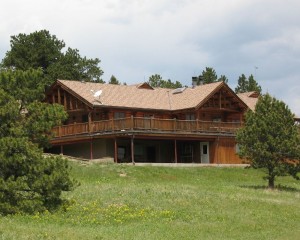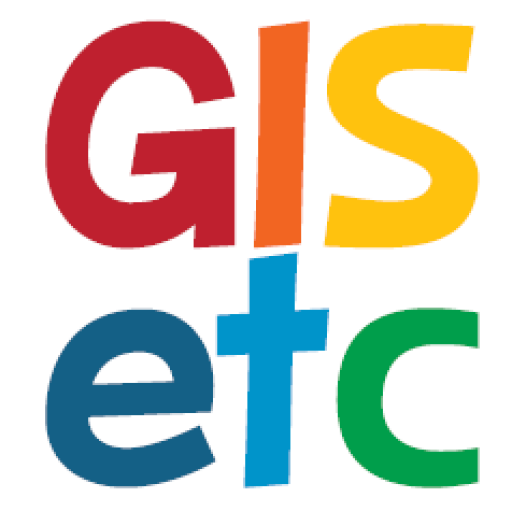 SUMMER RESIDENTIAL INSTITUTE Learn GIS, GPS, and Geographic Field Studies in 1,000 acres In the Beautiful Colorado Front Range July/August 2006
SUMMER RESIDENTIAL INSTITUTE Learn GIS, GPS, and Geographic Field Studies in 1,000 acres In the Beautiful Colorado Front Range July/August 2006
Instructors: Dr. Joseph Kerski, Mr. Roger Palmer, Mrs. Anita Palmer
Location: Cal-Wood Education Center – 20 miles NW of Boulder, Colorado, USA, www.calwood.org
Target Audience: Grade 6 through College-level pre-service and in-service environmental-social studies, technology, science education.
Class Meeting Times: 4pm Saturday through Noon Thursday.
Registration: $995 includes room, board, and accommodations in the
majestic Colorado Front Range.
Materials Provided:
* Mapping Our World—GIS lessons for Educators v.9.0
Includes a one year school wide site license and curriculum ready to go when you return.
* Essentials of the Environment book to provide a basis for our work.
* ArcGIS Tutorial.
* Over 40 hours of hands on exercises and exploration to ensure your success at bringing this technology back into your classroom!
History/Social Science/Geography Content Standards
* Chronological and Spatial Thinking (mapping historical changes to local settings of interest)
* Research, Evidence and Point of View (using maps/images to model inquiry, comparing multiple interests)
* Historical Interpretation (human and physical characteristic of place, cause and effect, land use change)
* Determine new boundaries based on cultural and physical data
* Show historical movements of people in USA and worldwide
* Field-based, hands-on, problem-solving inquiry
Science Content Standards
* Physical Science (properties of light, color, energy, motion, salinity and density)
* Life Science (ecology, land use, plant animal and nutrient cycles, coastal wetlands restoration)
* Earth Science (land, water, atmosphere interactions, drainage basins, geologic processes, Martian science)
* Investigation and Experimentation (active inquiry based approach to the environment we are studying.)
Mathematics Academic Content Standards
* Measurement and Geometry (calculating distances , areas, and volumes, proportional reasoning)
* Mathematical Reasoning (creating algebraic expressions, observing patterns, calculation estimations)
* Graphical Representation of Statistical Concepts
